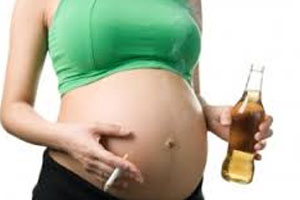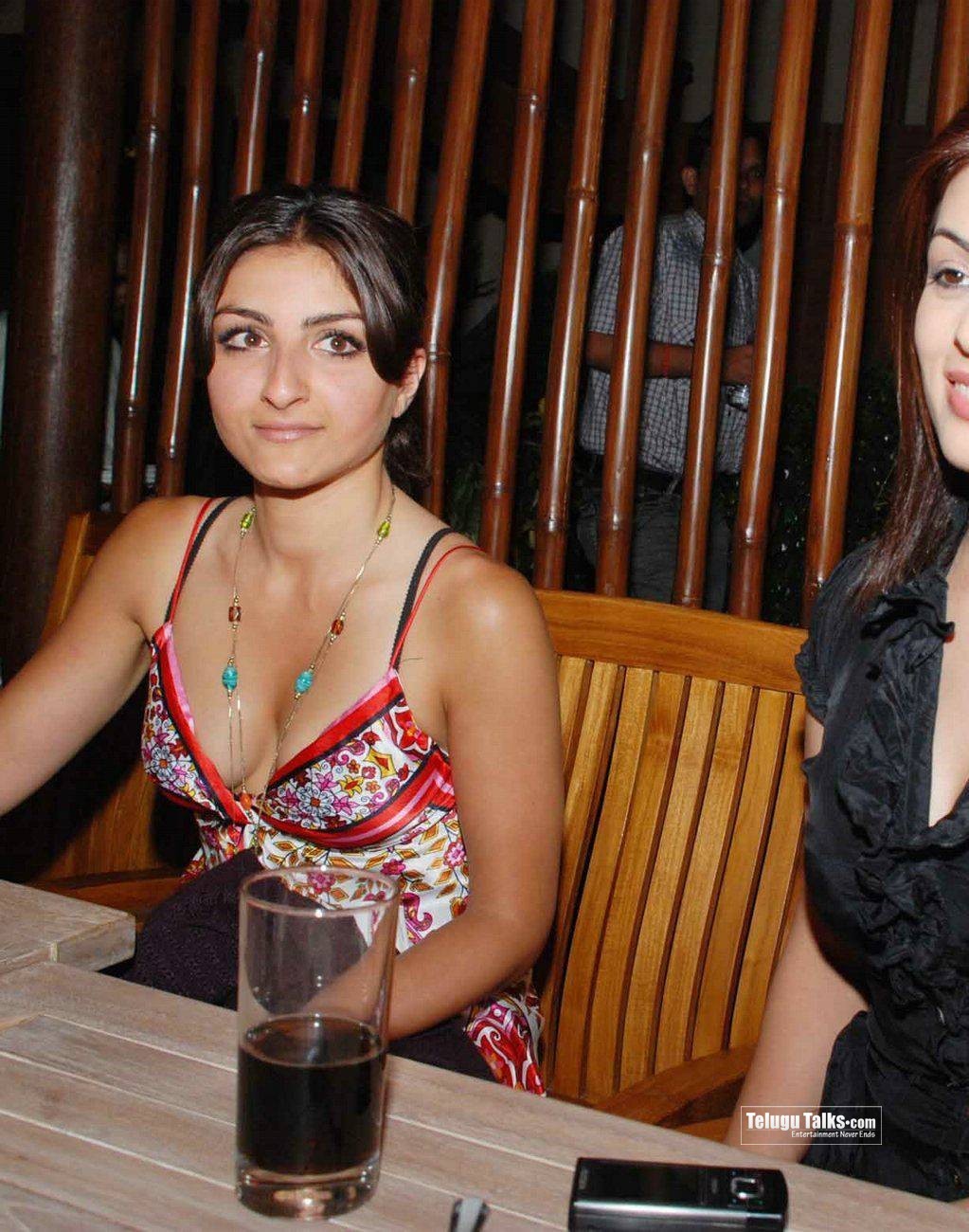
London: A British court is to rule on whether a woman has committed a "crime of violence" against his son by heavy drinking during pregnancy, in a case that has expressed concern about the criminalization of mothers.
A local authority is asking the criminal compensation from the government for damages on behalf of a seven year old in her care with serious disabilities related to alcohol authority.
His lawyers have told the appeals court that his mother was "reckless" in their behavior when drinking up to half a bottle of vodka and eight cans of strong beer one day while she was pregnant.
While not suggesting the damage was deliberate, say she spoke of her drink with professionals and "went to take the risk."
The case, in which a decision is expected next week, has sparked a heated debate about the dangers of alcohol and the rights of women and fetuses in a country where abortion is legal since 1967.
Groups of women's rights have warned that the risk of opening the door to police action against pregnant women is increasingly happening in America is run.
"The case is of profound social significance," said the British Pregnancy Advisory Service charities and birthright.
"If the court were to interpret the law as requested by the Council, would set a legal precedent that could be used to prosecute women who drink during pregnancy."
However, some commentators say it's a no-brainer.
"What about the rights of the child in this case, whose life is ruined forever because of what his mother?" wrote an angry writer in the Daily Mirror.
80 cases waiting in the wings
The Court of Appeal will be the culmination of a five-year legal battle between the board and the Criminal Injuries Compensation Authority (CICA).
CICA considers applications for damages that involve behavior that would constitute a criminal offense, in this case the alleged negligent administering a noxious substance to the fetus.
In the last phase of the process in December, a judge ruled in favor of CICA and said that the fetus was not a person until birth and could not be a victim of crime.
This decision is being appealed, with 80 similar compensation claims awaiting the results.
Neil Sugarman, one of the lawyers for the plaintiff, denies that the case could move Britain closer to prosecute pregnant women.
"We are not for a minute suggesting that the will or should happen here," he told AFP.
However, recognized around the theme was "charged" with complications, especially alcohol consumption itself is not a crime.
"Would it have been different if a woman had said he had decided to take tons of salt and salt had damaged the child?" He asked.
'Have I stopped drinking?'
The girl, known only as CP, is a severe form of fetal alcohol spectrum (FASD), an umbrella term that covers a range of disorders ranging from intellectual capacity of heart problems and kidney disorder.
But activists say it is still misunderstood and the advice of the British government on drinking during pregnancy has been accused of being contradictory.
"No mother baby intentionally to harm your child," said Susie Fleisher, who created the FASD support group NOFAS in the UK after being diagnosed her adopted daughter.
"A woman who has alcohol problems should be supported and not be thrown in jail."
Linda, 49 years old, from London, was drinking eight or nine cans of beer a day when she was pregnant with her two older children, both in their 20s now.
She had only heard of FASD past and says he was offered no support for quitting alcohol.
Their first child was fine, but the second was born with the distorted facial features and now have trouble socializing indicator, control his temper and concentration.
"Having a mother is not enough. They need to be helped and supported", Linda, who asked to remain anonymous said.
She opposes the criminalization of pregnant women, but recognizes that some custodial rehabilitation might have helped.
"I was dependent on alcohol. I needed alcohol. I could not get through the day without it.
"If I had been warned of the potential hazards and then sent home, do I stand? Probably not. Not without help."






















